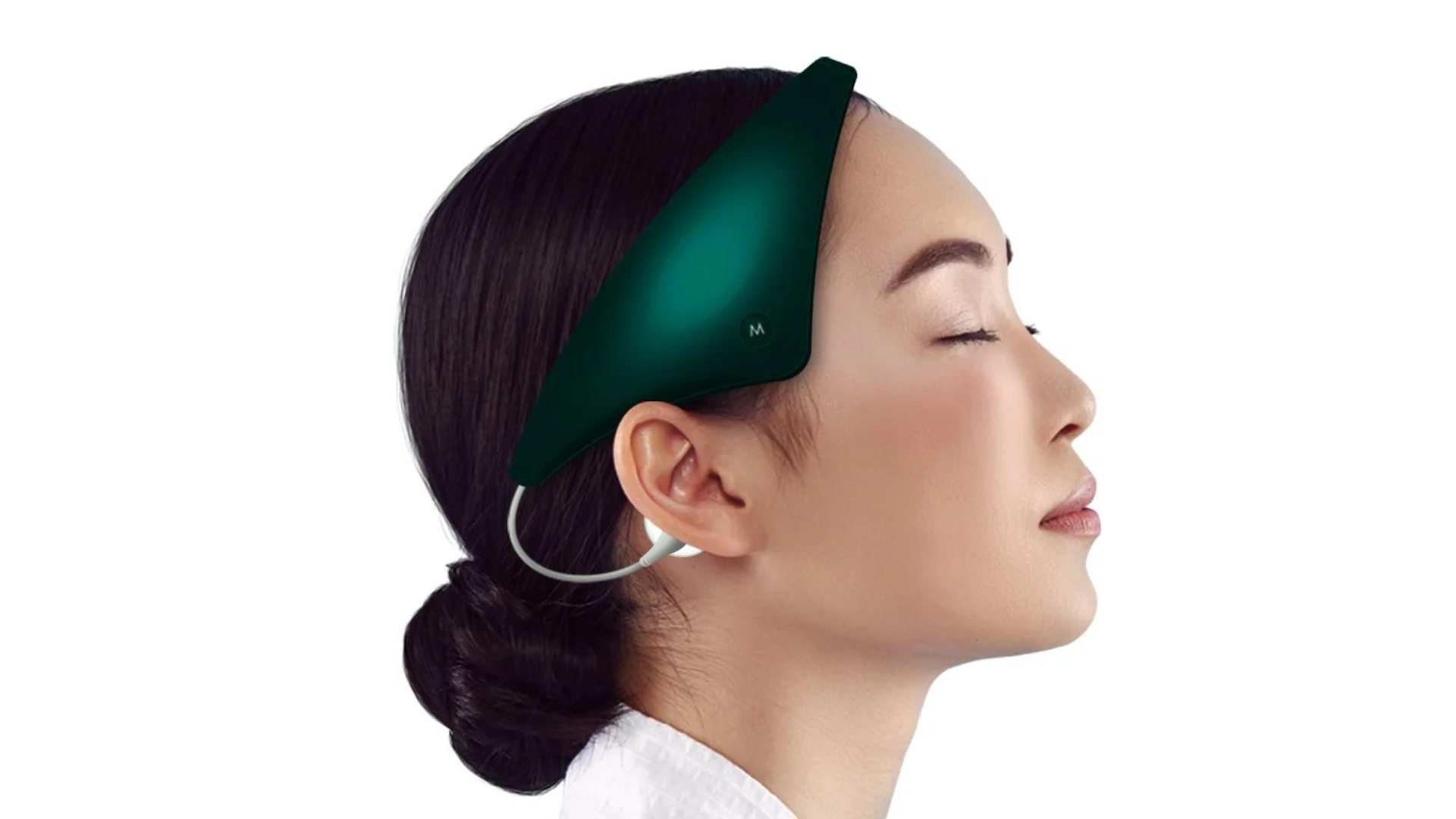Neurovalens, a Belfast-based neurotech startup, has made headlines by securing FDA clearance for its pioneering noninvasive device designed to treat generalized anxiety disorder (GAD), showcasing the potential of electrical stimulation technology to address mental health conditions without invasive procedures.
This development comes on the heels of the company receiving FDA approval last October for a similar device aimed at combating insomnia, highlighting a growing interest in alternative treatments for common health issues.
The company’s success can be traced back to a 2019 regulatory change by the U.S. medical devices regulator, which was specifically aimed at encouraging innovation in the treatment of insomnia and anxiety through neurotechnology. Neurovalens has capitalized on this opportunity by developing devices that utilize noninvasive electrical stimulation of the brain and nervous system, marking a significant advancement in the field of medical technology.
Dr. Jason McKeown, CEO of Neurovalens, shared with TechCrunch the company’s strategic approach to obtaining FDA clearance, emphasizing the importance of clinical trials in demonstrating the efficacy and safety of their devices.
Unlike the direct-to-consumer route, which often markets wellness devices with less stringent evidence requirements, Neurovalens has pursued regulatory approval for medical devices intended to treat specific conditions. This decision necessitated conducting their own clinical trials, a requirement for their initial products aimed at treating insomnia and anxiety through the FDA’s 510(k) clearance process.
From Anxiety to Obesity Treatment and PTSD
Looking ahead, Neurovalens is not only focusing on expanding its range of treatment options but is also eyeing FDA “de novo” classification for a new device targeted at individuals diagnosed with obesity. This upcoming product aims to tackle obesity-related cardiometabolic risk by influencing brain messaging related to the storage of harmful visceral fat. Additionally, the company is developing a treatment for PTSD, further diversifying its portfolio of noninvasive neurostimulation devices.
The technological foundation of Neurovalens’ devices is based on delivering electrical neurostimulation to the skin behind the ear, targeting the vestibular nerve. This approach is designed to stimulate areas of the brain responsible for functions such as metabolic control, stress response, and circadian regulation. The company’s method represents a novel application of neurostimulation, differing from techniques such as Transcranial Direct Current Stimulation (TDCS) or magnetic stimulation, by focusing on specific nerve targeting to affect deep brain areas.
In Europe, consumers can directly contact Neurovalens to purchase devices, whereas the company is in the process of applying for medical device clearances in the U.K. and EU. This expansion strategy aims to make their treatments more widely available, adhering to regional regulatory standards.
Neurovalens recently announced a £2.1 million ($2.65 million) addition to its Series A funding round, with plans to commence the commercialization of the new GAD treatment device in the U.S. market. The company’s fundraising efforts are ongoing, with a Series B round aimed at securing around $40 million to support further development and market penetration.
To date, Neurovalens has raised a total of £23.1 million in equity funding from a range of U.K-based investors, underscoring the strong support for its innovative approach to noninvasive medical treatments.
Related News:
Featured Image courtesy of Modius Health

